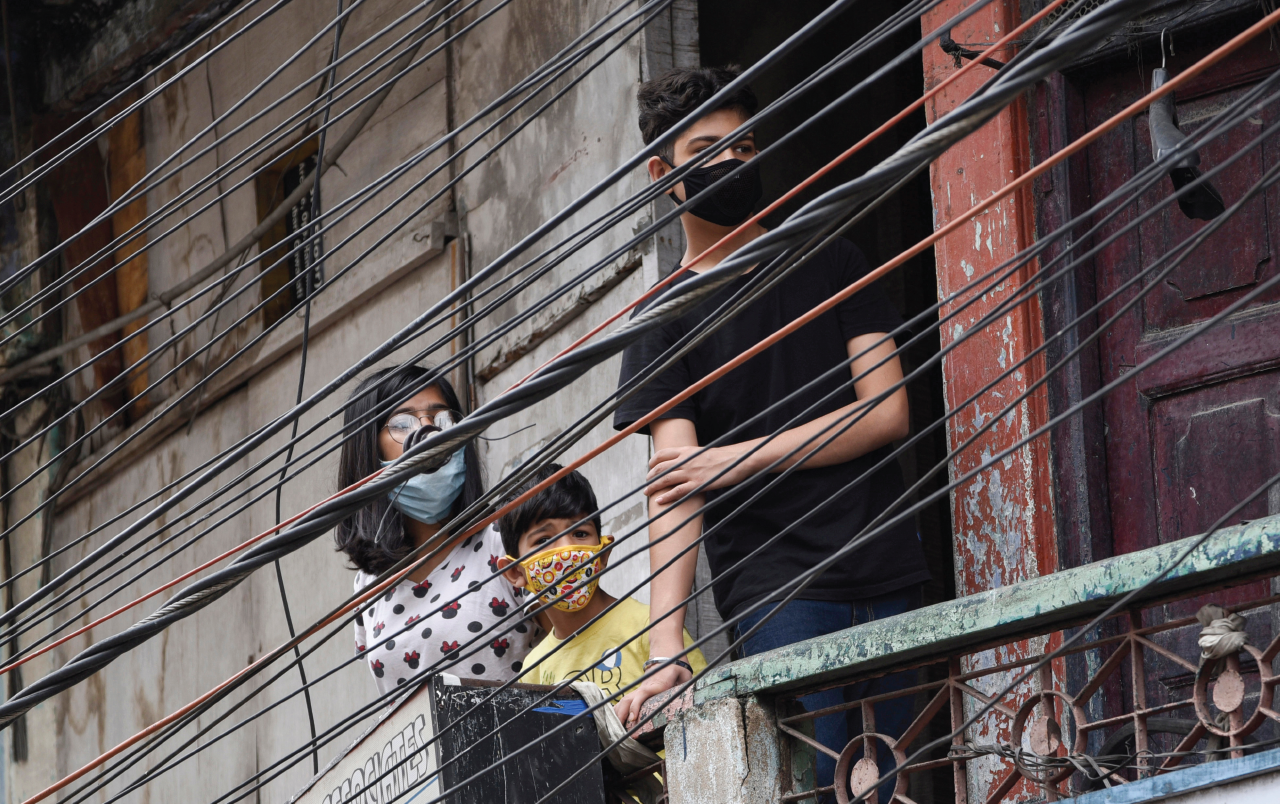This article was originally published by IDRC.
On the two year anniversary of the World Health Organization declaring a pandemic, Estefania Charvet of Southern Voice reflects on what has changed since the start of Covid-19.
Changes in time perception
Who hasn’t felt that how we perceive time has changed since the start of the pandemic? Thanks to continuous and timely research on the consequences of the pandemic, we now know that lockdowns have altered our perception of how quickly or slowly time has passed. Timely research has provided answers including a better understanding of how the absence of new life experiences due to lockdowns has changed the way we perceive time, and solutions to avoid the spread of the virus. Research and knowledge have been pivotal during the worst of the crisis and still remain essential.
Covid-19 research and initiatives
Covid-19 might be the most researched disease worldwide. Research on the speed of transmission and its risks, the virus genome sequence, and vaccine development have been crucial in reducing and eventually preventing the loss of human lives. Research also supported the development of social and economic aid programmes – from aid packages targeting vulnerable populations to financial support for families and small and medium-sized enterprises hit hard by the pandemic. These initiatives have been taking place at all levels and in all countries as a response to the negative effects of the virus.
Demand for Global South research and knowledge
An unprecedented context has demanded extraordinary actions, and uncertainty has called for knowledgeable voices. The pandemic has increased the demand for timely and reliable research to overcome social, economic, and health-related challenges. It has also highlighted the need for evidence that reflects the dynamics of different contexts, as well as the increased demand for Global South research and knowledge. This is why the Southern Voice’s Digital Knowledge Hub was set up.
Southern Voice’s Digital Knowledge Hub
The Digital Knowledge Hub is an interactive space that currently hosts around 1,000 resources focused on the effects of the pandemic from a Global South perspective. It offers short- and long-term analyses and solutions to build back better. Demand for new voices along with the digitalisation of research conferences and events due to Covid-19 restrictions has allowed more researchers from different backgrounds to share their views. The Southern Voice’s Knowledge Hub also displays a database of over 700 of these Global South researchers and their thematic expertise.
The pandemic has also been a transformative process from multiple angles. It has altered how research and knowledge have been shared and produced. The digitalisation of research conferences and events due to Covid-19 restrictions has facilitated researchers from different backgrounds’ access to these spaces.
The Latin American Knowledge Hub
Southern Voice‘s work in Latin America is a case in point. We supported the creation of the Latin American Knowledge Hub. This Hub, consisting of Covid-19 Responses for Equity (CORE) partners in Latin America and other organisations funded by IDRC in the region, has generated some key reflections on the potential of these research collaborations. It has become a space for like-minded researchers and practitioners with aligned interests, especially on gender, social inclusion, and digitalisation, to interact. CORE researchers together with their peers in the region lead three working groups focused on these three thematic areas.
The gender, social inclusion and digitalisation working groups have also been able to amplify their potential to reach out to a global audience thanks to being part of this knowledge hub. For example, the Gender Working Group provided inputs to the UN Secretary-General’s “Our Common Agenda” landmark report. Using their knowledge and research findings, the group highlighted the importance of the care economy for a new social contract and the need for a more equitable role for men and women in care provision in the region. Discussions at the regional level supported the creation of synergies among different organisations within the Latin American Knowledge Hub. This happened from the early stages of the research process. While research sharing and collaboration are not exclusive to a pandemic context, the conditions favoured the pursuit of a common objective: a more equitable recovery.
The road ahead
It is now time to reset our subjective clocks and realise that two years have already gone by. We are entering the third year of the pandemic, yet the lack of global access to vaccines and treatment creates an uneven sense of normality worldwide. While there are still many challenges to overcome, the pandemic has forced some positive transformations worth holding on to.
Many people have decided they do not want to go back to how life was before Covid-19. Similarly, as researchers, especially from the Global South, we should perpetuate these beneficial research and collaboration arrangements that help us raise our voices and be heard. The pandemic is a global challenge; as such, it calls for a global response. That is not possible unless inclusive recovery policies based on solid research are implemented worldwide. While timely and context-relevant research is key, it is only the first step on a long and winding road towards a more inclusive world for all.


